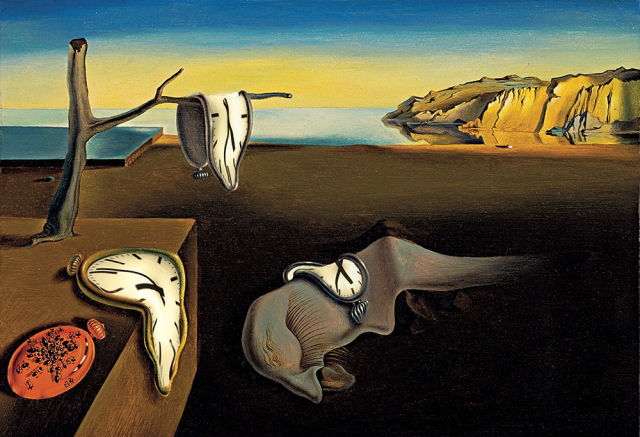This article is part of a series called The Scientist Theist. See also:
1. The View From High; 2. The Science of Religions; 3. A Reasoned Happiness
 That Albert Einstein – the great physicist of the 20st century – was a religious man surprised many. Einstein’s views were nuanced: the scientist described himself, alternatingly, using terms ranging from “agnostic” to “religious nonbeliever”. “I believe in Spinoza’s God,” Einstein said, in his perhaps most-quoted explication of his own views, “who reveals himself in the lawful harmony of all that exists, but not in a God who concerns himself with the fate and the doings of mankind.” [1]
That Albert Einstein – the great physicist of the 20st century – was a religious man surprised many. Einstein’s views were nuanced: the scientist described himself, alternatingly, using terms ranging from “agnostic” to “religious nonbeliever”. “I believe in Spinoza’s God,” Einstein said, in his perhaps most-quoted explication of his own views, “who reveals himself in the lawful harmony of all that exists, but not in a God who concerns himself with the fate and the doings of mankind.” [1]
The last article in this series seems to have predicted accurately. Einstein’s religious sentiments appear more aligned with feeling than with thinking.
But should we be unsettled – as many were – that the greatest scientist of perhaps all time embraced beliefs which seem so, well, unscientific? To what extent must religious believers such as Einstein, in embracing feeling over thinking, do so at the expense of their own scientific stature? Can we scientifically validate religious experience? Continue reading →

 That Albert Einstein – the great physicist of the 20st century – was a religious man surprised many. Einstein’s views were nuanced: the scientist described himself, alternatingly, using terms ranging from “agnostic” to “religious nonbeliever”. “I believe in Spinoza’s God,” Einstein said, in his perhaps most-quoted explication of his own views, “who reveals himself in the lawful harmony of all that exists, but not in a God who concerns himself with the fate and the doings of mankind.” [1]
That Albert Einstein – the great physicist of the 20st century – was a religious man surprised many. Einstein’s views were nuanced: the scientist described himself, alternatingly, using terms ranging from “agnostic” to “religious nonbeliever”. “I believe in Spinoza’s God,” Einstein said, in his perhaps most-quoted explication of his own views, “who reveals himself in the lawful harmony of all that exists, but not in a God who concerns himself with the fate and the doings of mankind.” [1]